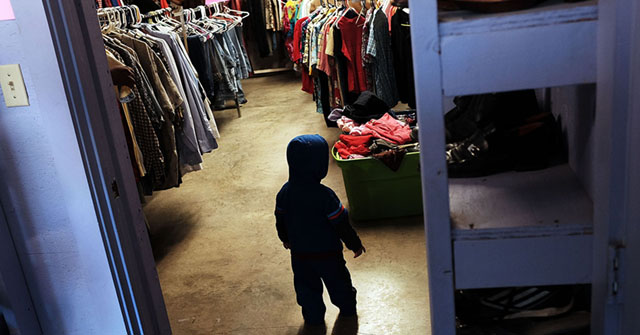Statement on CBO’s 2017 Long-Term Budget Outlook
NEW YORK — Michael A. Peterson, President and CEO of the Peter G. Peterson Foundation, commented today on the release of the 2017 Long-Term Budget Outlook from the nonpartisan Congressional Budget Office (CBO):
“As lawmakers address a range of major reforms, CBO’s new report makes clear that our nation remains on a dangerous fiscal path. America’s high and rising national debt threatens our economy, and must be included in the policy conversation this year.
“The national debt is already at its highest level since 1950 and is projected to climb to an unthinkable 150% of GDP in the coming decades. CBO warns that debt at these levels will have long-term consequences to the economy and the federal budget — harming growth, lowering wages and raising the risk of a fiscal crisis. Interest costs alone are projected to double within ten years, and over the long term could crowd out important investments in our economic future.
“As Congress and the administration address key reform areas this year, it’s important that they also focus on the one issue that affects all others: the national debt. New policies should improve, rather than hurt, our already fragile fiscal outlook. By acting now, our leaders can build a strong fiscal foundation that will support economic growth, provide certainty and increase opportunities for all Americans.”
Read our full analysis of the 2017 Long-Term Budget Outlook.
Further Reading
Budget Basics: What Is the Child Tax Credit?
The CTC provides assistance to families with children, and while it represents a relatively modest part of overall government spending, it is one of the largest tax expenditures.
Budget Basics: Tax Expenditures
Tax expenditures can come in the form of exclusions, exemptions, deductions, and credits.
What Are the Economic Costs of Child Poverty?
Child poverty is higher in the United States than in other wealthy countries. Studies show that it has quantifiable economic costs.


